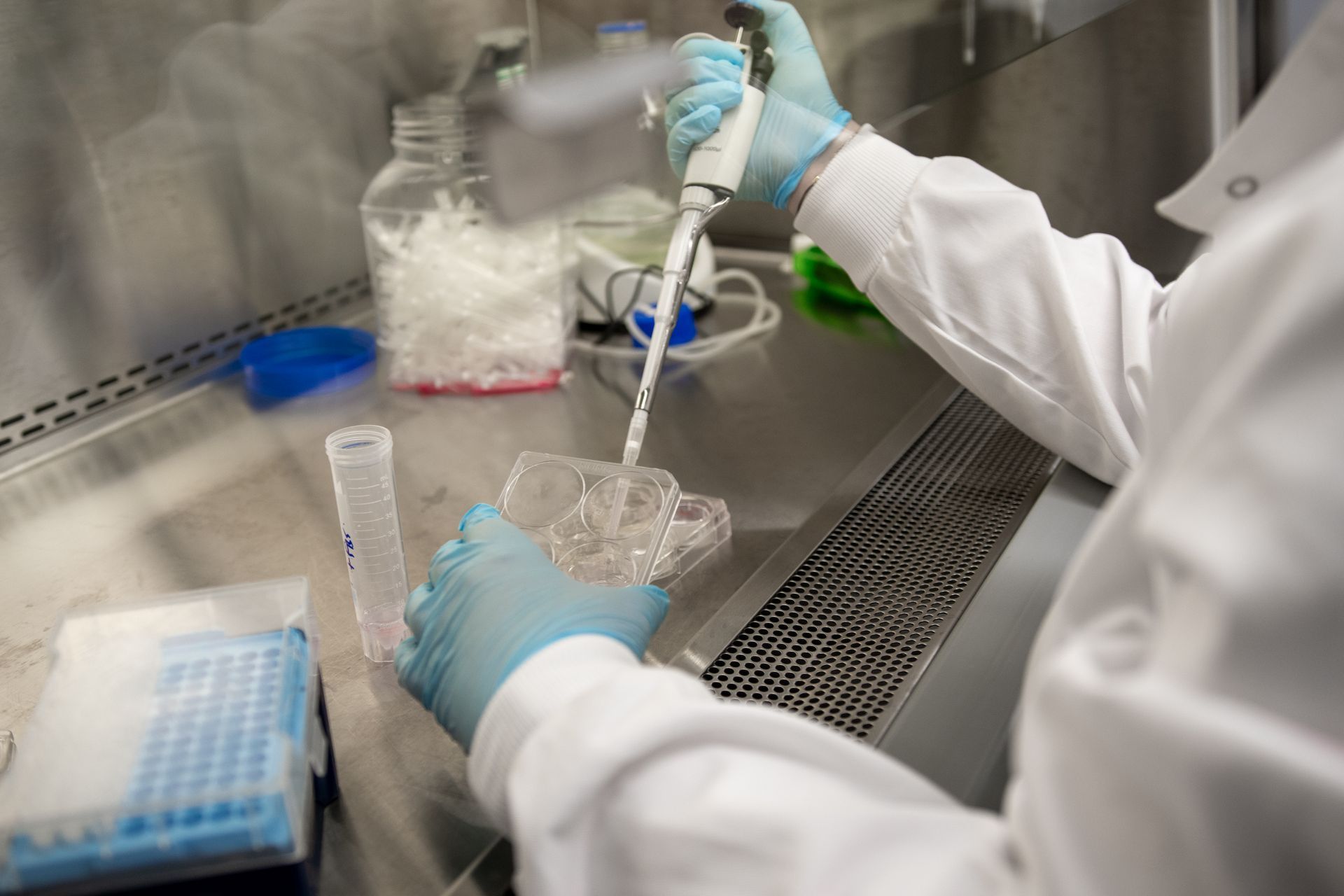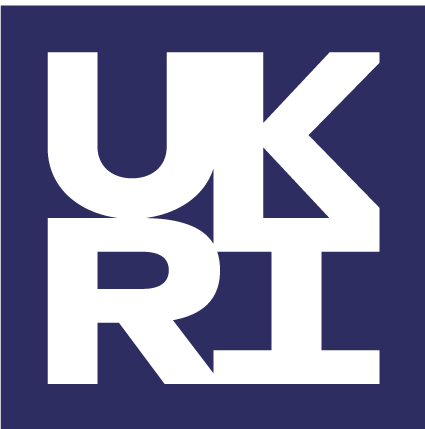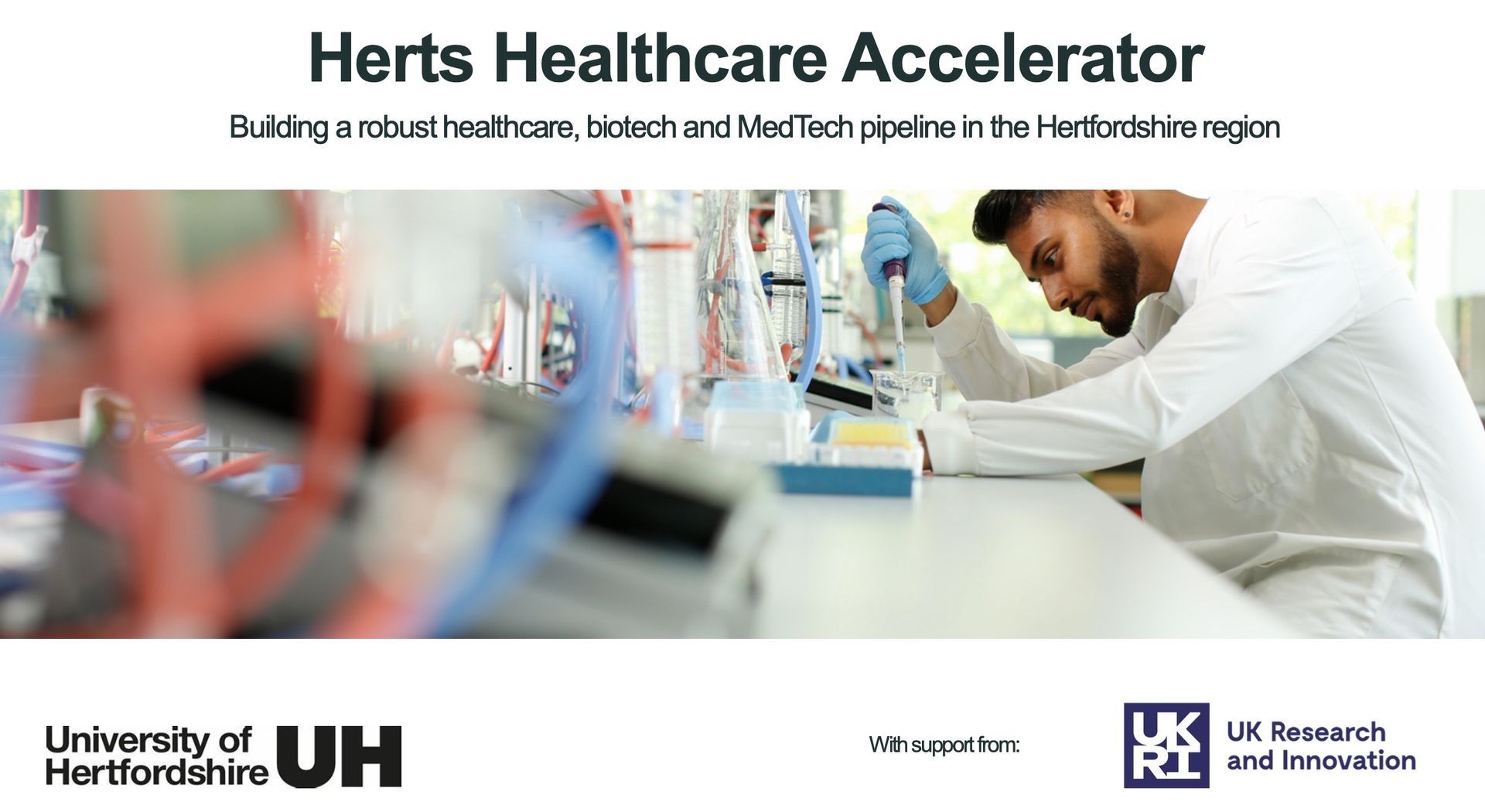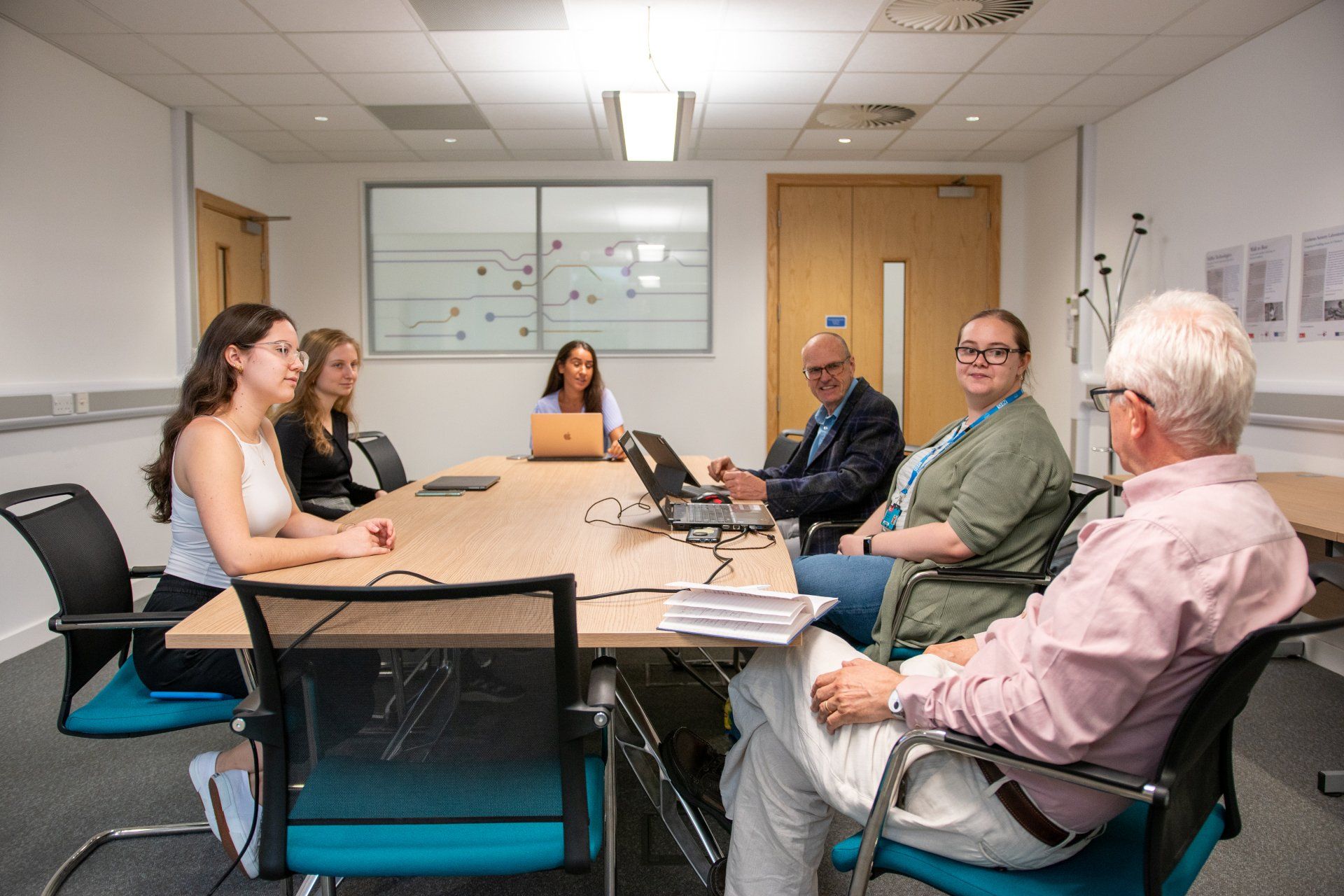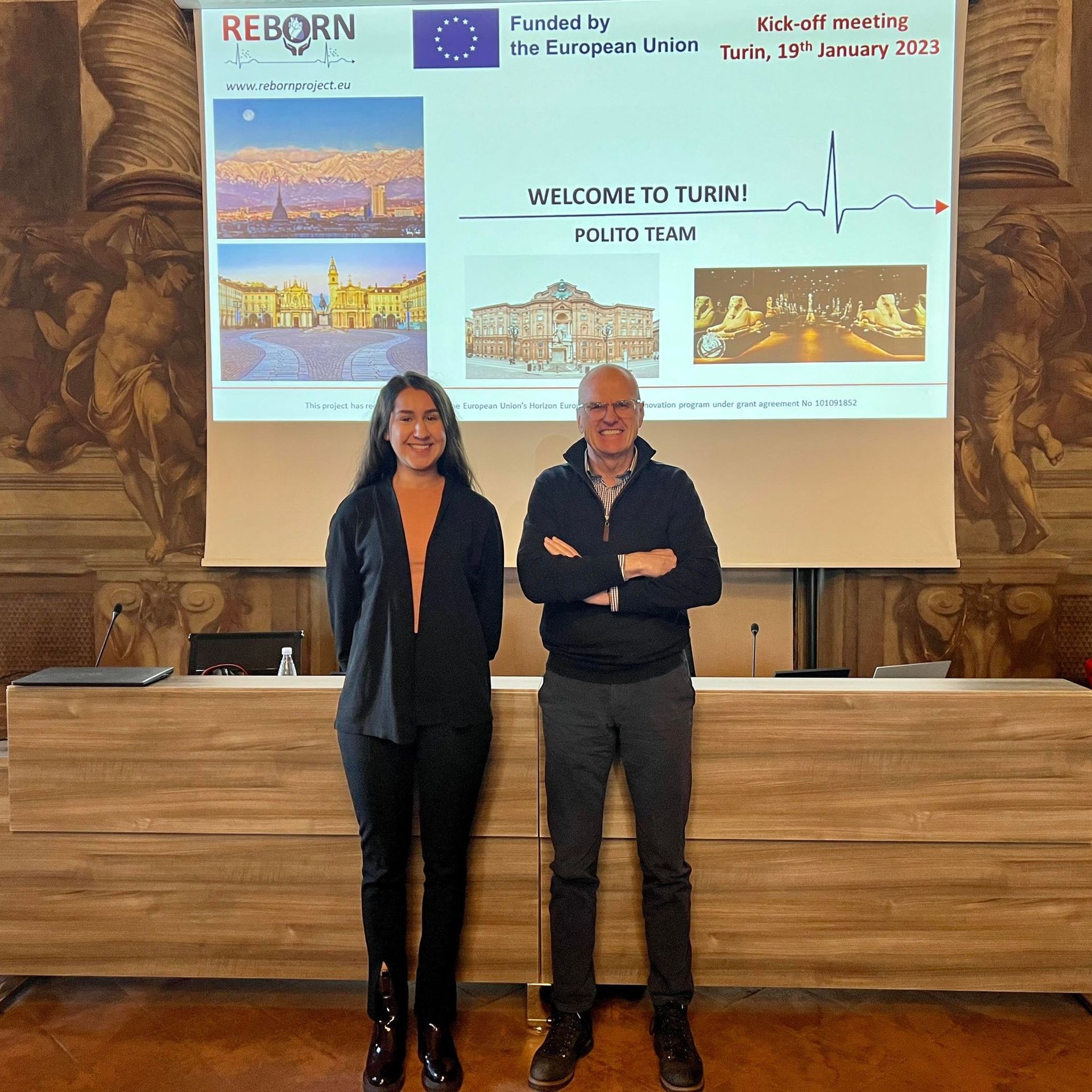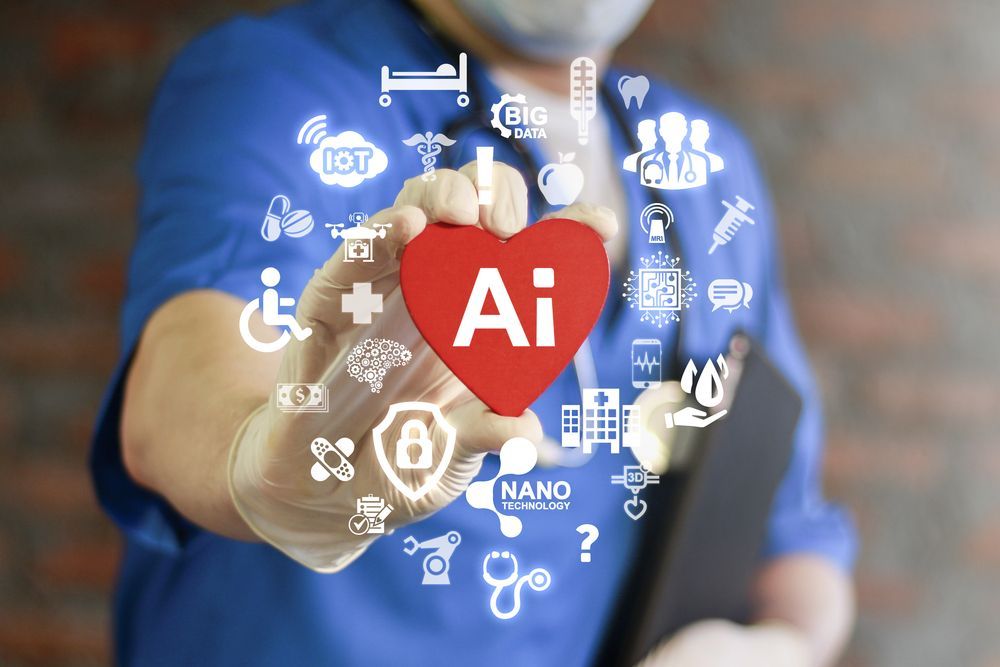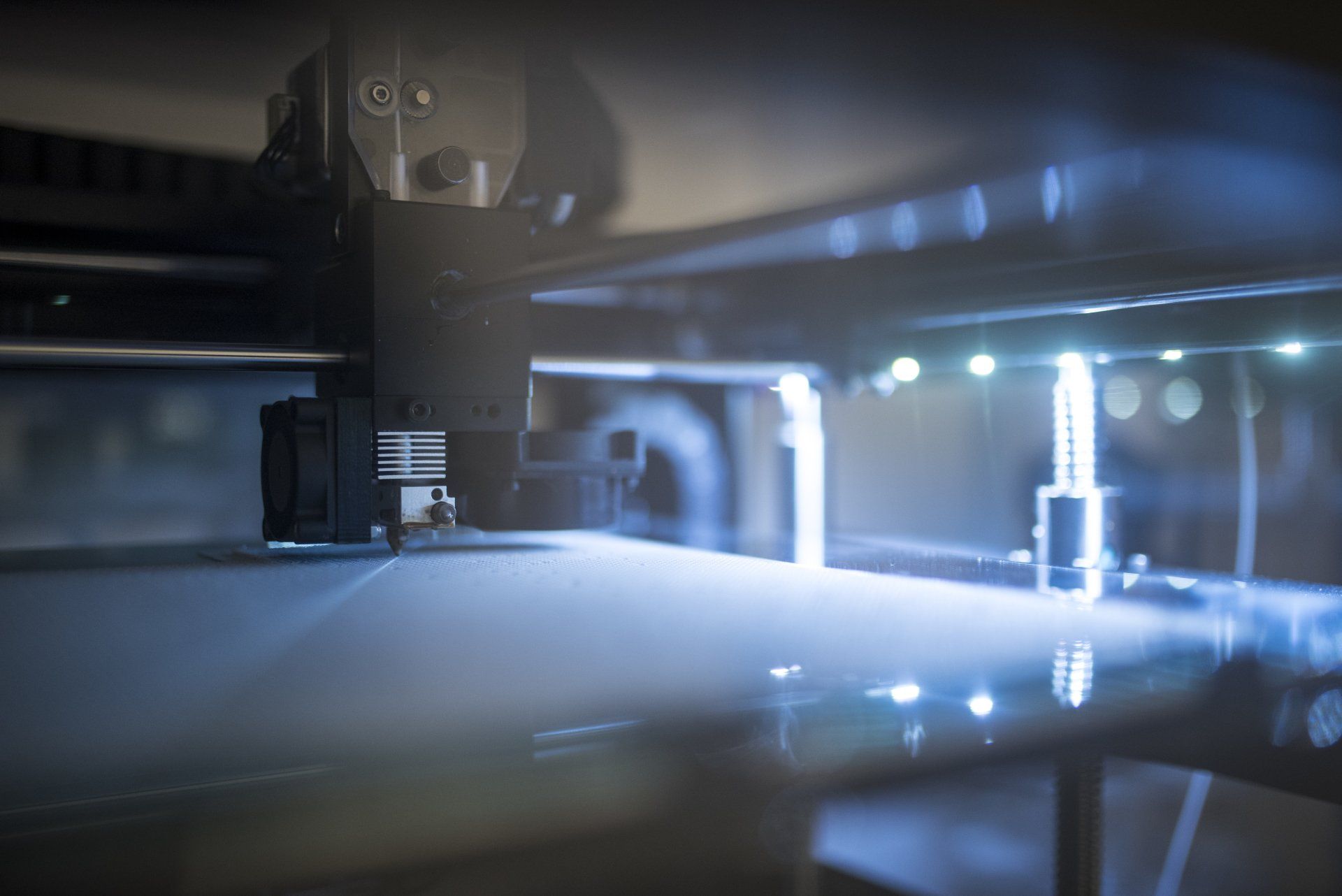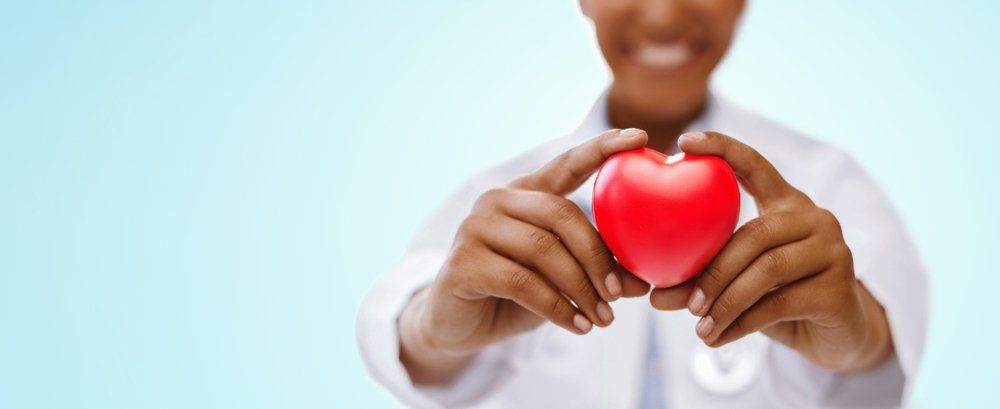The history of heart transplants – progress since 1967
The biggest problem for those who receive a donor heart is rejection
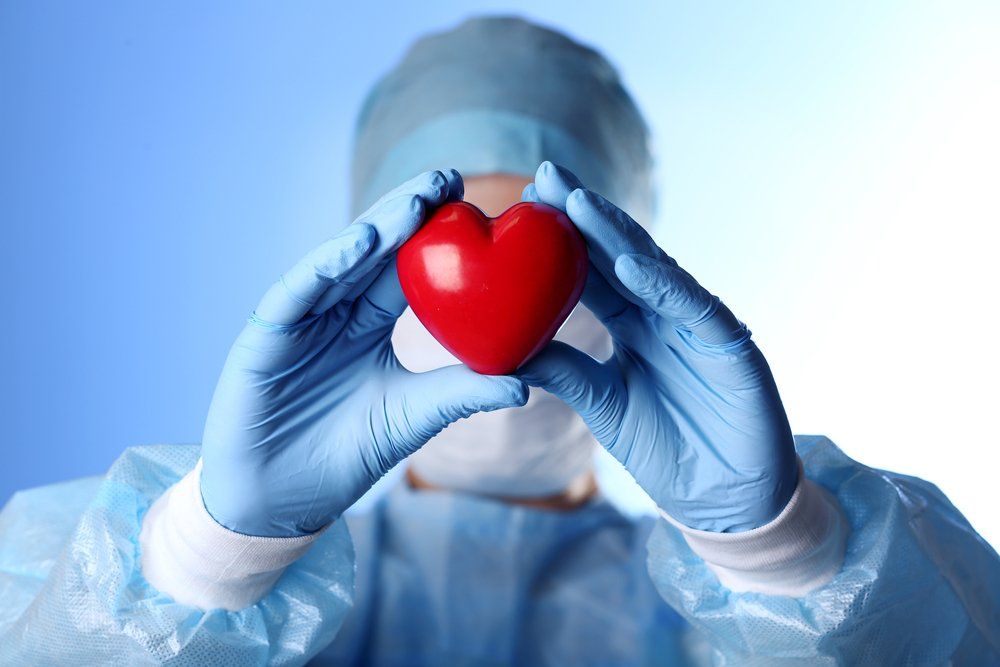
The world’s first successful human heart transplant took place in 1967. The name of the pioneering cardiac surgeon, Christiaan Barnard, is well known, and synonymous with the surgeon’s pioneering work in human-to-human heart transplants in South Africa.
Whilst the first patient sadly died after just 18 days, by the time he had carried out his sixth operation, he had introduced many enhancements, spurred on by his experience working under the direction of C. Walton Lillehei, recognised as an early open heart surgery pioneer, and his colleague Richard Varco. His sixth patient lived for almost 24 years post-transplant.
In the UK, the first heart transplant took place in 1968 whilst the first that was considered a long-term success, where the patient lived for five years post-transplant, took place in 1979.
Further advances in surgical techniques and equipment have meant that today median survival post heart transplant is around 10 years.
As well as improved surgical techniques, the medical profession now has better methods of organ preservation, are able to use tissue typing for matching, and advancements in antibiotics have led to reduced infections and immunotherapy.
Other significant advances have enabled heart removal from brain dead donors whilst they are still on a ventilator, meaning that transplantable hearts are in a better condition when it comes to the operation. Use of a ventricular assist device (VAD) as a ‘bridge to transplantation’ helps to keep the blood pumping from the ventricles to the rest of the body, an interim measure until a donor heart is available.
The rate of heart transplants worldwide has been growing slowly since 2011, and now stands at one per million population, with an estimated 8,311 carried out in 2018. Slovenia and USA have the highest heart transplant figures, followed by Czech Republic, Austria, Croatia, Spain, Australia, and France.
However, only 179 heart transplants were carried out in the UK in 2020.
A shortage of donor organs remains a challenge. Consequently, waiting times continue to increase and can be beyond a year even for patients considered to have the most urgent illness.
A formal way to match donors with recipients and quickly share information on donors was established through the United Network for Organ Sharing (UNOS) in 1986, covering the USA.
In the UK, the NHS Organ Donor Register and National Transplant Register matches donors with people who need new organs. Important legislative changes took place in 2015 in Wales, 2020 in England, and 2021 in Scotland, meaning that organ donation in those countries now runs on an opt-out basis, with the aim of creating a significantly larger potential donor pool.
The biggest problem for those who receive a donor heart is rejection.
At Santorini Scientific, we aim to overcome the biggest challenges facing heart transplants by:
- 3D bioprinting the world’s first transplantable human heart
- Achieving allograft tolerance post heart transplantation and minimising the need for immune suppressants
- Developing a non-invasive technique for detecting allograft rejection.
Click here to read more about our research and our partners.
Find out more about organ donation in the UK and how to register your wishes for your organs at: https://www.nhsbt.nhs.uk/what-we-do/transplantation-services/organ-donation-and-transplantation/


